FARMINGDALE — The former Hall-Dale Elementary School on Sheldon Street will be sold at auction next month after the owner who had planned to build nearly 40 residential units for the elderly there ran into financial problems and didn’t follow through with his proposal.
The school has been vacant since poor air quality led the school district to close it in 2000, since the district gave the property back to the town in 2003, and since the owner of a nearby assisted-living facility bought it in 2009 with a plan to convert the building to condominiums and apartments and a community center.
KeyBank foreclosed on the property last month, and the auction is scheduled for Sept. 10.
The more-than-60-year-old structure is on about 6 acres, including a large field that must remain open for public recreation, but it doesn’t appear to be used often. The entrance to the property is blocked by a rope, and the grounds and building are used to store equipment.
Shortly after developer David Kingsley purchased the property, he said he gutted the interior and removed asbestos, but little to no improvements have been made beyond that.
Windows are covered in plywood. Some of the doors are loosely boarded shut; others are ajar. Next to the former baseball field, with its chain-link backstop covered in vegetation, is a pile of rubbish.
David Cyr, who lives on Sheldon Street and helped lead the effort to sell the property in 2009, said he would like to see part of the building become a community center, as Kingsley had planned.
“I think it’s a shame,” he said. “We had high hopes for it, a place for the people of Farmingdale to go and enjoy. It’s just really a sad state of affairs that the property will be foreclosed on.”
Cyr said he’d like to see the Board of Selectmen look into buying back the property back.
“Some good should come out of it,” he said.
The chairman of the selectmen, James Grant, said the board doesn’t plan to do anything until the property is purchased.
Grant, who has been on the board since 2013, the longest tenure of any member, said the board members didn’t know anything about the property until an employee of the Maine Department of Agriculture, Conservation and Forestry alerted the town last September that the property was closed off to the public. Because the school received about $11,000 in 1987 through the federal Land and Water Conservation Fund to buy playground equipment, the site of the former playground must remain open for public recreation.
Doug Beck, outdoor recreation supervisor with the state agency, said the parcel doesn’t have to remain a playground, but it has to be open to the public and used for recreation similar to the what the playground offers. After Kingsley bought the property, the state approved moving the section that must be available for use by the town for recreation to a different spot on the property, adjacent to the baseball field.
As part of the sale of the property to Kingsley, the town also included an easement in the deed requiring the field to remain open for public use.
When the selectmen heard about the foreclosure auction, Grant said, the town contacted its attorney to ensure that an easement would remain in the deed for the next buyer. He said he hopes something positive will be done with the property by whoever purchases it next.
After the school districted transferred the property to Farmingdale, the town explored using the school for a new town office, fire station or community center; but residents voted in 2008 to demolish it instead. When the town had trouble getting funding to remove asbestos from the building and was faced with mounting maintenance costs, however, it decided to change course and sell the school.
Cyr was a member of the town committee that developed the request-for-proposal process to sell the school.
Kingsley, who owned the Captain Lewis Residence, a residential care and assisted-living facility on U.S. Route 201, until selling it to the administrator of the business earlier this year, bid $170,000 for the property in 2009.
He proposed to build a two-story building containing nearly 40 living units for the elderly, planned as an expansion of his Captain Lewis Residence business, and turn the school’s gymnasium into a community center.
Kingsley estimated the cost to be $2.5 million to $5 million, saying he would need to connect with investors or other funding sources to complete the project. He also proposed to develop a trail eventually from the Kennebec River Rail Trail to the former school through the Captain Lewis Residence property.
The only other bid came from Brian J. Skehan, who owns land bordering parts of three sides of the property. Skehan bid $5,000 and proposed using the building for a climate-controlled storage facility, and renovating the gymnasium for private and public uses, including town voting and meetings.
After giving the town a $20,000 down payment, Kingsley was supposed to pay the town the remaining $150,000 between 2011 and 2015. Instead, with a loan he used also to refinance the Captain Lewis Residence building, he said, Kingsley paid the remaining balance in 2010. The town agreed to knock 3 percent off the price to be paid in full early, according to town documents.
In 2012, when Kingsley originally had expected to complete the project, he announced he was downsizing the plan to one floor and about 20 units. Around the same time, he had recently renovated the historic Bodwell House on Middle Street in Hallowell and was trying to sell it. He sold it two years ago, he said.
Kingsley, reached by phone earlier this week, blamed the failure to develop the Sheldon Street property on the downturn of business at the Captain Lewis Residence, which accepted only private payers. He said the Sheldon Street plan was ambitious, but he still thinks someone could pursue something similar with the property.
Another Sheldon Street neighbor, Rhett Eldridge, said his vision for the site includes using the fields for youth sports leagues. He’s president of Hall-Dale Little League and a youth sports coach and said there’s a need for more playing fields in the community.
Eldridge has lived next to the former school with his wife, Caroline Joseph, and their two sons for about eight years, encompassing the entire time of Kingsley’s failed development. Eldridge said although it’s nice that the next door property is quiet, the vacant building doesn’t look good for the neighborhood.
“It’s a beautiful resource,” he said, “and it’s unfortunate that nobody’s used it.”
Paul Koenig — 621-5663
Twitter: @pdkoenig
Send questions/comments to the editors.

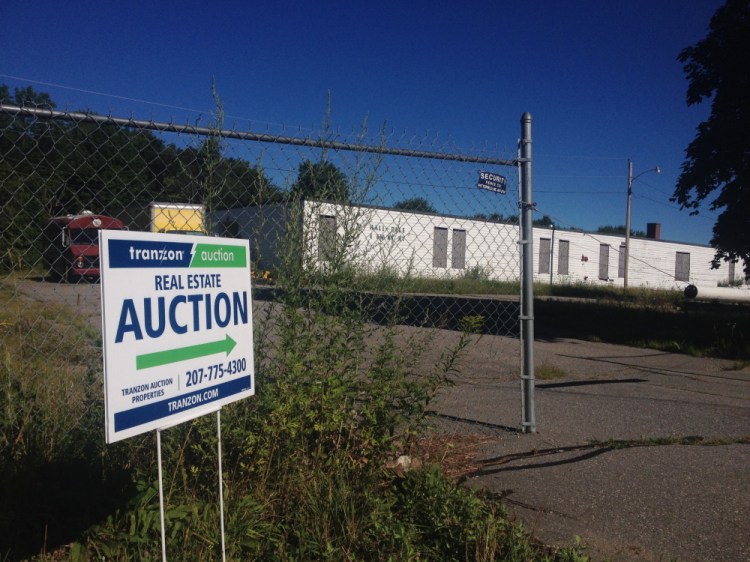
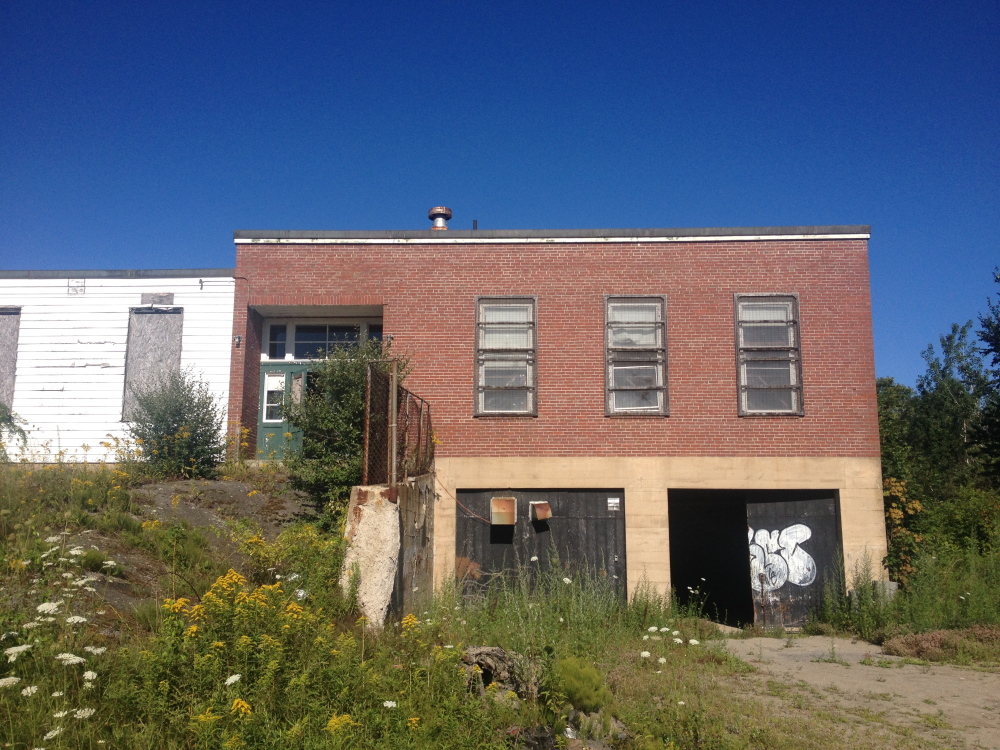
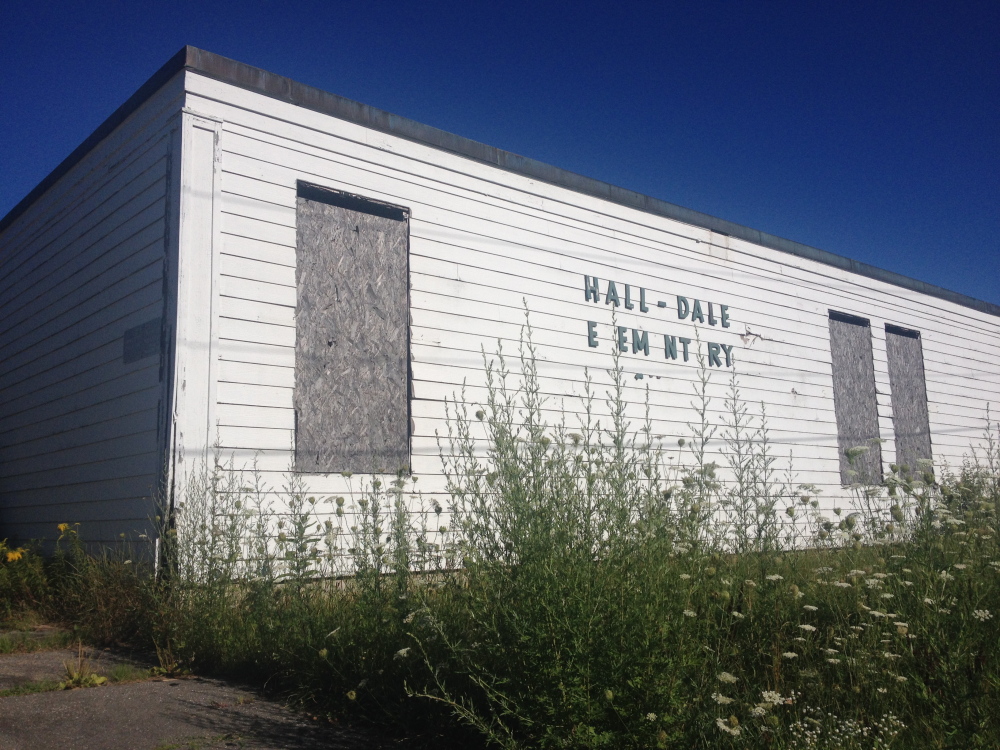
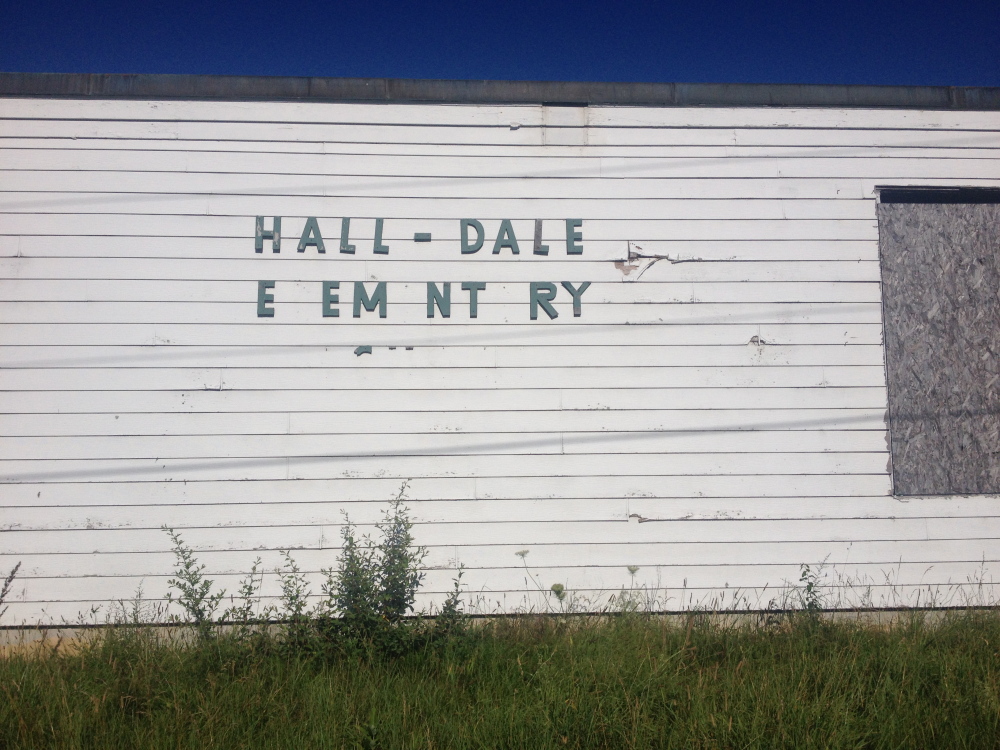
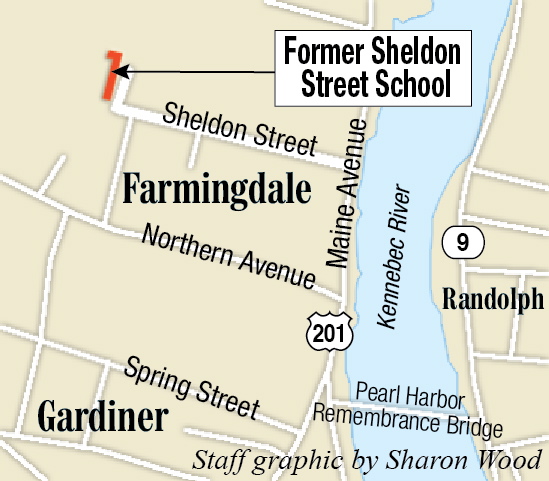

Comments are no longer available on this story